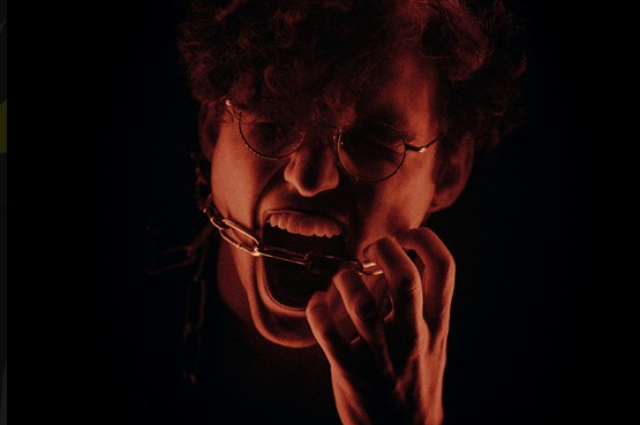
Photo by Noah Buscher on Unsplash
The instinctive natural way to express is to respond aggressively. Anger is a natural, adaptive response to threats; it inspires powerful, often aggressive, feelings and behaviors which allow us to fight and defend ourselves when we are attacked. A certain amount of anger, therefore, is our survival.
Expressing your angry feeling is assertive:
Not aggressive manner is the healthiest way to express manner is the healthiest way to express anger. To do this you have to learn how to make clear what your needs are, and how to get them met, without hurting others. Being assertive doesn’t mean being pushy or demanding it means being respectful of yourself and others.Anger can be suppressed, and then converted or redirected. This happens when you hold in your anger and stop thinking about it and focus on something positive. The aim is to inhibit or suppress your anger and convert it into more constructive behavior. The danger in this type of response is that if it isn’t allowed outward expression. Your anger can turn inward on yourself. Anger turned inward unexpressed anger can create other problems. It can lead to pathological expressions of anger such as passive-aggressive behavior (getting back at people indirectly without telling them why rather than confronting them head-on) or a personality that seems perpetually cynical and hostile people who are constantly putting others down criticizing everything and making cynical comments haven’t learned how to constructively express their anger. Not surprisingly they aren’t likely to have many successful relationships.
Finally, you can calm down (inside). This means not just you’re outward behavior but also controlling your internal responses. Taking step to lower your heart rate, calm yourself down and let the feeling dubside.
Anxiety and Fear, they are also caused by unfamiliarity. in fear, the cause or situation is known to the individuals but in anxiety, it is unknown. The issues, objects or situations which cause fear need not be always real, but could be either imaginary or anticipates the loss. His heart starts pounding, he becomes breathless. Sweats profusely starts trembling, feels weak, experiences a sinking feeling in the abdomen, severe discomfort in the chest, an urgency to pass urine or stool. He becomes restless. He cannot eat and enjoy food, cannot perform or enjoy sexual act. The common conditions in which every one feel anxious or fearful are:
- Strange places and situations
- In the midst of strangers or hostile people
- In darkness
- When we are alone or in a lonely place
- In the presence of aggressive animals and people
- While facing examinations, interviews, inspections
Anxiety Disorders
About 10% of the people in any given population suffer from anxiety disorders. The symptoms of anxiety and fear are severe enough and last long to cause.
- Severe distress to the individual or others
- Interference in the routine functioning of the individual at home and at work
- Social disability
Generalized Anxiety Disorders: Symptoms present in almost all situations and continue to exist most of the time for six months or even more the person may approach the doctor with bodily complaints like headache, body ache, easy fatigability, difficult to get sleep or disturbed sleep, loss of appetite, Sexual inadequacies like impotence, premature ejaculation painful Intercourse, restlessness, decreased concentration and memory, decreased physical / mental ability to carry out his work and responsibilities.
Panic Disorders
The people suffer from an intense fear for 20 to 30 minutes with or without a precipitating object or situation and have the following symptoms:
- Pounding heart and increased heart rate, fear of having a heart attack.
- Severe sweating, trembling
- Breathlessness or choking sensation.
- Severe pain or discomfort in the chest or abdomen with vomiting feeling.
- Dizziness, fear of fainting or falling.
- Feeling of unpleasant changes in the body or in the environment.
- Feeling of losing one’s control or becoming mad.
- Fear of dying
Treatment:
There are several drugs which can reduce anxiety and fear. These drugs have to be used only with the guidance of a qualified doctor because they induce sleep, drowsiness, and other side effects. They are habit-forming too. But they are safe if they are taken in small quantities and for a short period like 8 to 12 weeks.
